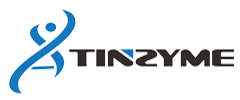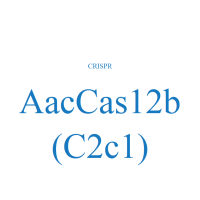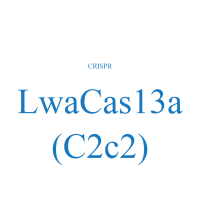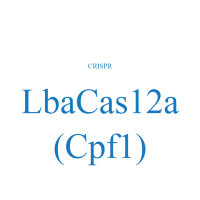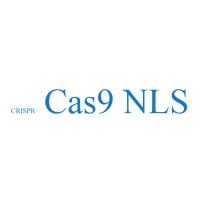
LwaCas13a (C2c2)
2023-07-17
Glucose dehydrogenase
2023-07-17Cat: CAS12B
Description
AacCas12b nuclease (C2c1) is an RNA-mediated endonuclease that specifically shears target double-stranded DNA in the presence of PAM (TTN), causing DNA double-strand breaks and sticky ends. In contrast, AacCas12b specifically shears single-stranded DNA targets independently of the PAM sequence. In addition, either double-stranded or single-stranded DNA targets can activate the trans-shearing activity of AacCas12b (i.e., bypass shearing activity/accessory shearing activity), i.e., when the AacCas12b enzyme binds to sgRNA and target DNA to form a ternary complex, it is activated to trans-shear the non-specific sequence ssDNA, shredding any sequence of ssDNA in the system.
AacCas12b is derived from the acidophilic thermotolerant bacterium Alicyclobacillus acidoterrestris, and the optimal shearing reaction temperature is 48°C.
AacCas12b is dependent on crRNA and tracrRNA (or sgRNA formed after ligation) for guidance. In addition, AacCas12b can be applied not only for the shearing of target dsDNA, but its trans-shearing activity against ssDNA can also be used for the rapid detection of target nucleic acids.
Component
| Component | CAS12B-01 (100 pmol) | CAS12B-02 (1000 pmol) |
| AacCas12b (10 μM) | 10 µl | 100 µl |
| AacCas12b Reaction Buffer (10×) | 1 ml | 2 ml |
Storage condition
Store at -30 ~ -15 ℃. Transportation conditions: ≤ 0 ℃.
Unit Definition
1unit refers to the amount of Cas12b enzyme required to cleave 1 pmol ssDNA probe within 1 minute under reaction conditions of 48 ℃.
Source
Obtained through E. coli recombination, expression, and purification, the expressed gene is derived from Alicyclobacillus acidoterrestris.
Applications
Used for the cleavage of target dsDNA, the trans cleavage activity of ssDNA can also be used for rapid detection of target nucleic acids.
